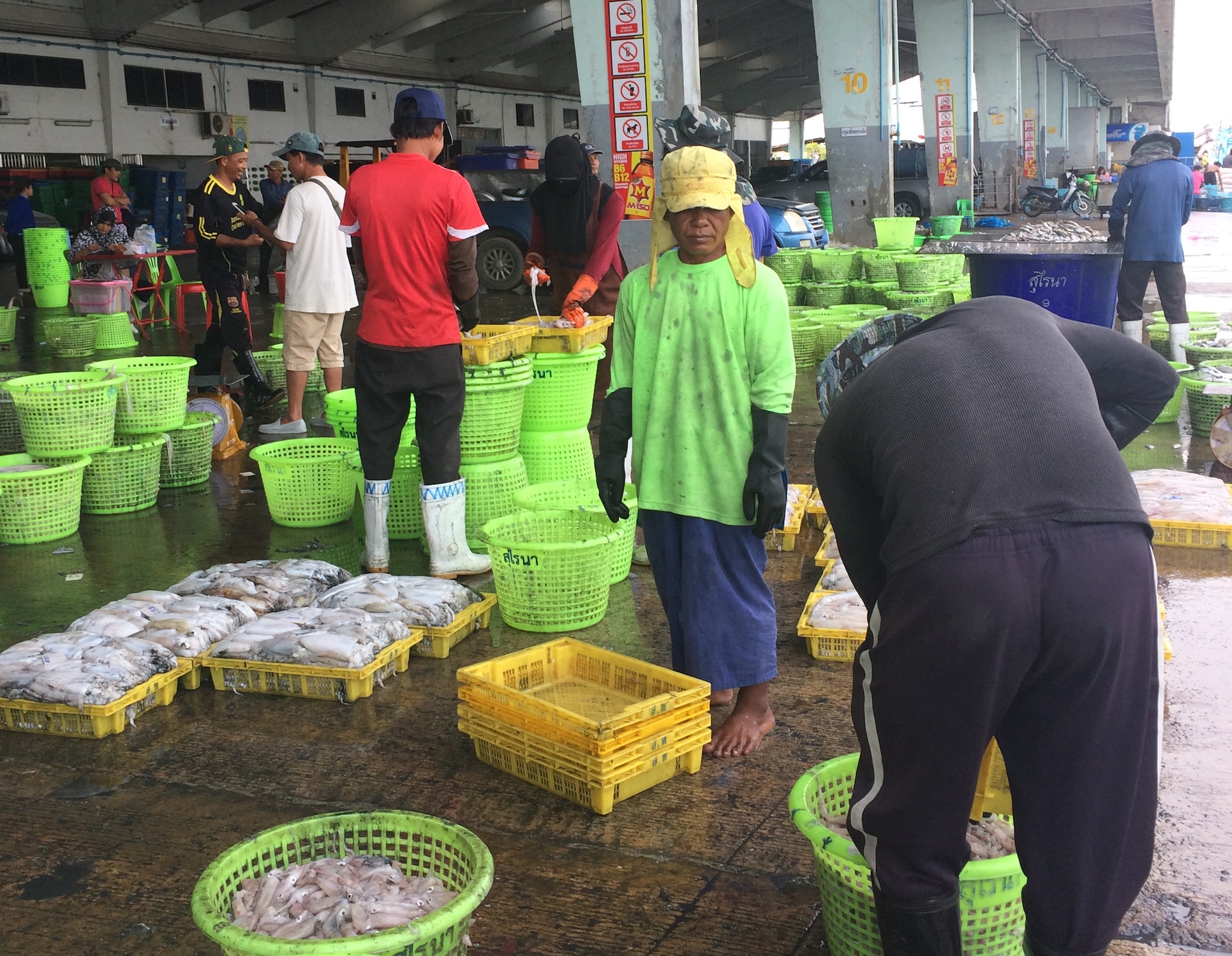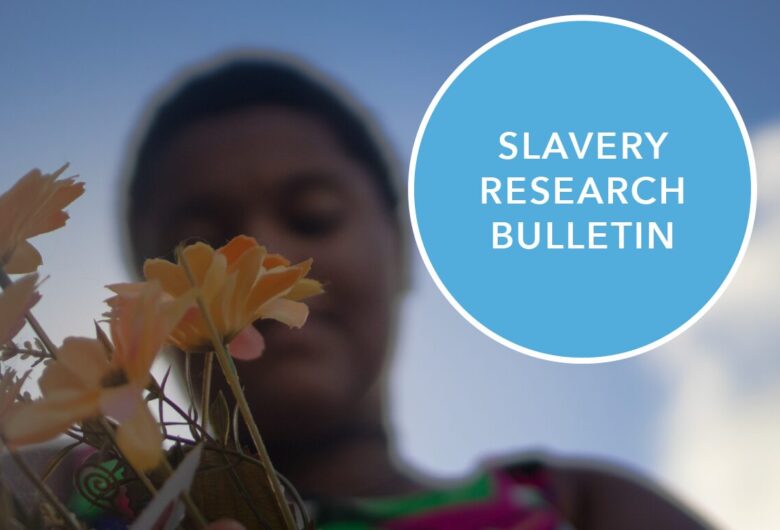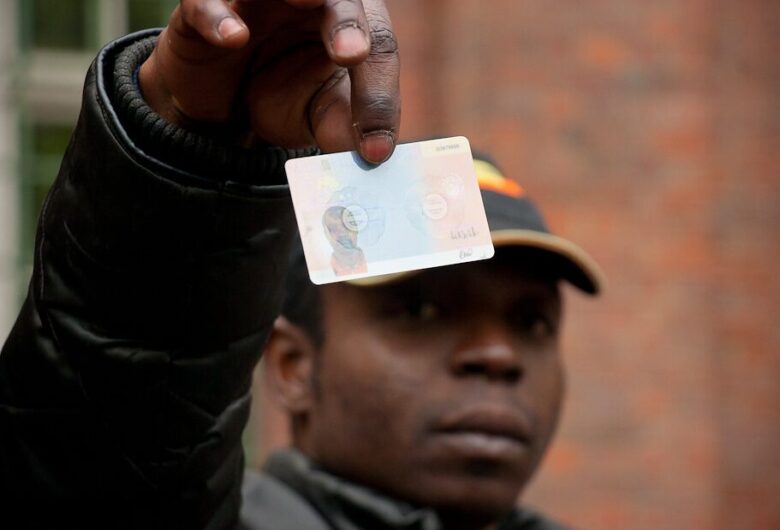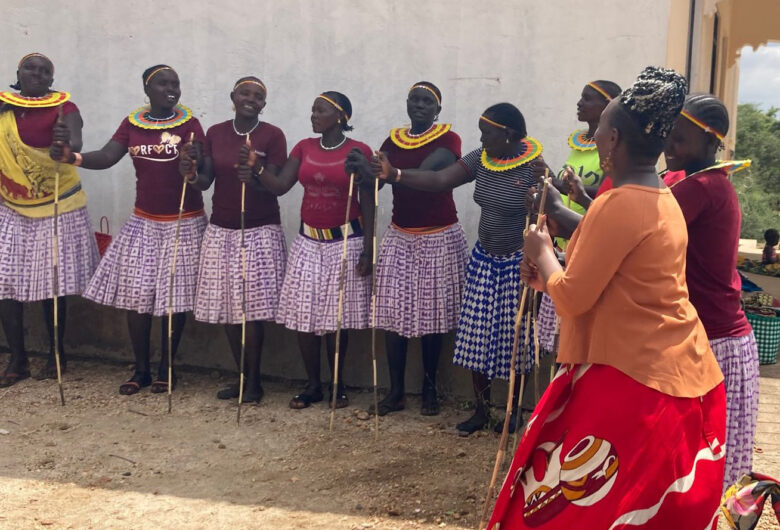Welcome to the Slavery Research Bulletin, the Freedom Fund’s monthly brief designed to bring you new & compelling research from the global anti-slavery movement.
Measuring child labour, forced labour and human trafficking in global supply chains
The report – jointly published by the International Labour Organization, the Organisation for Economic Co-operation and Development, the International Organization for Migration, and UNICEF – highlights the extent to which child labour, forced labour, and human trafficking are present in global supply chains. The study estimates that 26 percent of child labourers in Eastern and South-Eastern Asia contribute to exports to other regions.
Assessing industry’s efforts to implement ethical recruitment
Migrant workers often incur debt during their recruitment journey, increasing their vulnerability to forced labour. An assessment by Impacct explores how global seafood producer Thai Union implemented an ethical recruitment policy to reduce fees for workers. The evaluation found that workers under this policy paid significantly lower recruitment fees, and it offers key lessons for other companies to build upon.
New evidence on human rights abuses in food supply chains
A paper by Oxfam presents evidence that food supply chains are rife with violations of human, labour and women’s rights. The research finds that half of the workers on Assam tea estates in India earn below the poverty line and are reliant on government food subsidies. It also estimates that while tea brands receive 58 percent of the end consumer price, only 7 percent goes towards workers on tea estates.
Rohingya refugees’ perspectives on their displacement in Bangladesh
Bangladesh hosts over 900,000 Rohingya refugees, and their displacement is likely to be protracted. Research from the Overseas Development Institute provides insight into refugees’ aspirations and challenges, including negative coping strategies that make families more vulnerable to child labour, early marriage and human trafficking.
Comparing models of care available to trafficking survivors in Thailand
A Winrock report summarises the findings of a review of models of care available to trafficking survivors in Thailand. The study examines the models’ relative effectiveness in victim recovery and explores other approaches used elsewhere that could be adapted to the Thailand context. It provides recommendations to government and non-governmental organisations as they strive to make assistance more responsive to survivor needs.
Read on…
- A series of data stories by Delta 8.7 and EarthTime demonstrate the prevalence of modern slavery and how governments’ efforts to address them have changed over time.
- An evaluation by RapidAsia assesses how the adoption of an electronic payment system has reduced wage withholding and forced labour amongst migrant workers in Thailand.
- A report by the University of Nottingham’s Rights Lab and the Independent Slavery Commissioner examines the UK agricultural sector’s compliance with the Modern Slavery Act.
And finally…
We are launching a new initiative seeking to fund projects that meaningfully shift investor approaches to social metrics that address modern slavery.
News & updates
For more news and updates about the Freedom Fund, visit our Newsroom. You can also view archived issues of our bulletin here.
Contact us
Our team would love to hear from you. Please email:
[email protected].



